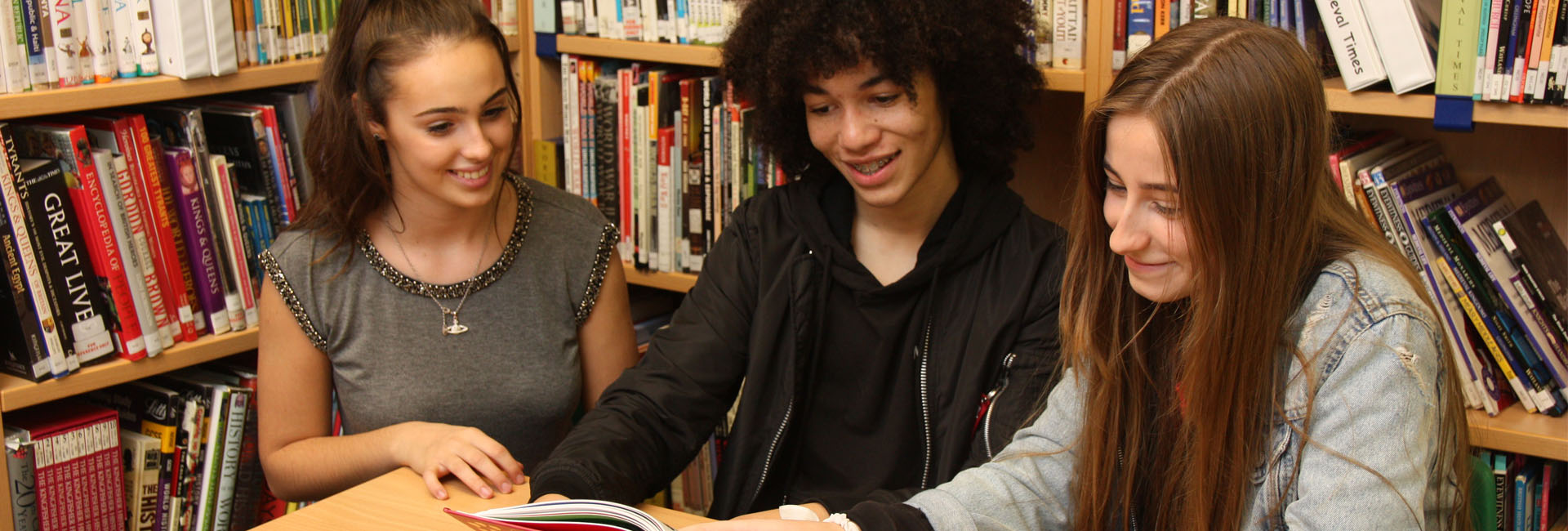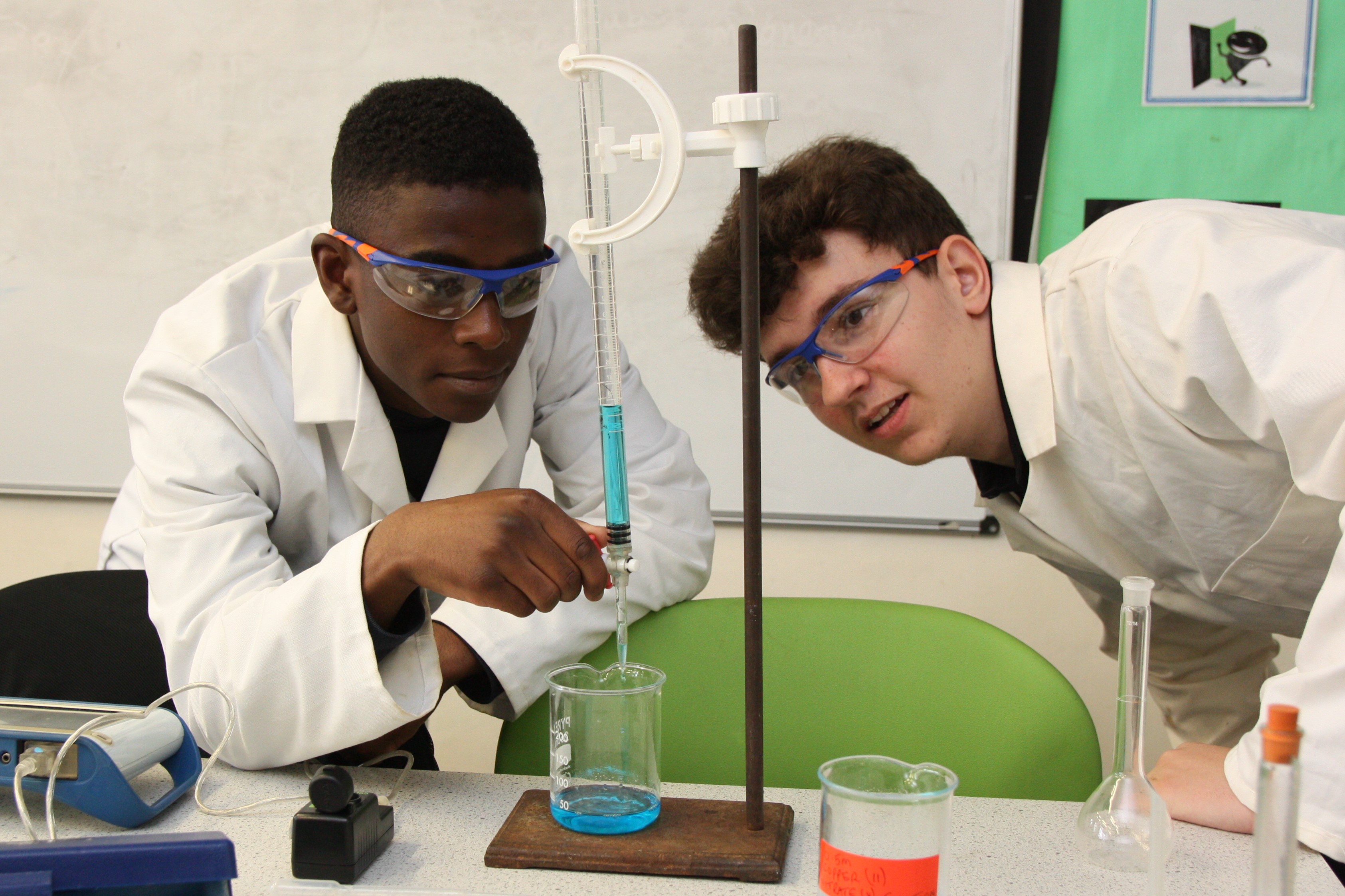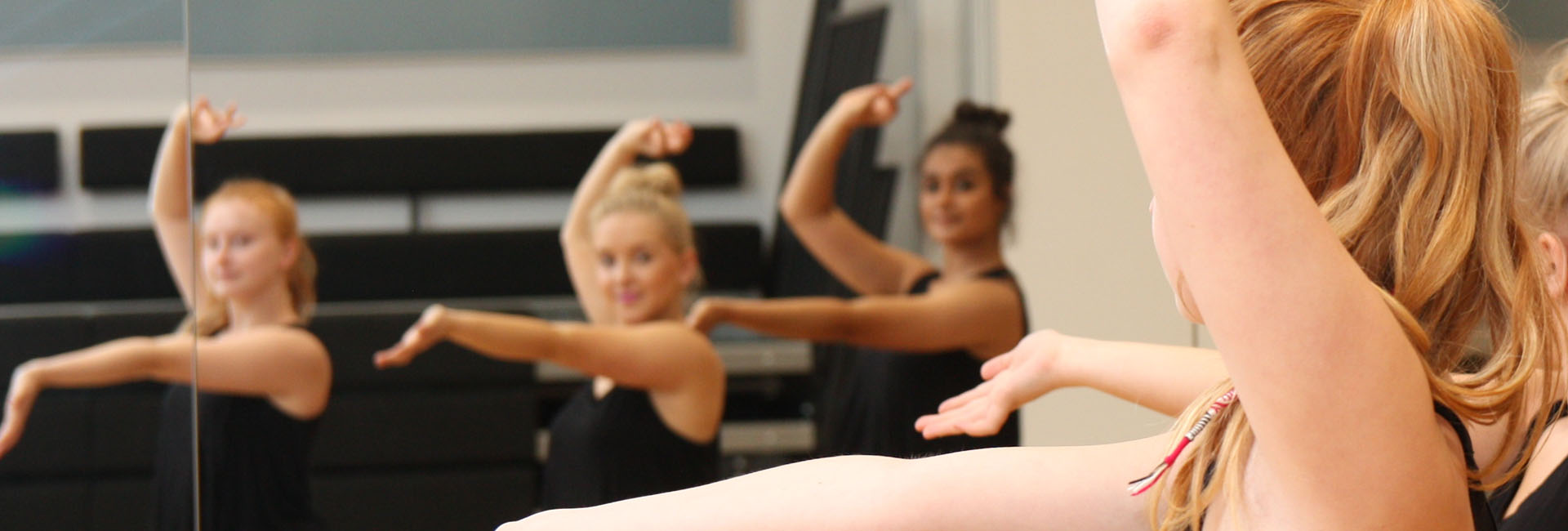By Iona Scanlan, Year 13
Photo by Charlotte Jackson
“Empowerment of and investment in girls are key in breaking the cycle of discrimination and violence and in promoting and protecting the full and effective enjoyment of their human rights” – United Nations Resolution 66/170
October 11th marked the International Day of the Girl. The United Nations first marked this day in 2011, thus making it an important day for the 1.1 billion girls across the globe. Its mission is “to help galvanize worldwide enthusiasm for goals to better girls’ lives, providing an opportunity for them to show leadership and reach their full potential.” It is a day when activist groups come together with the same goal ‘to highlight, discuss, and take action to advance rights and opportunities for girls everywhere’.
This year focussed on the theme of ‘Empower Girls: before, during and after conflict’, as adolescent girls in conflict zones are 90% more likely to be out of school when compared to girls in conflict-free countries, compromising their future prospects for work and financial status as adults.
Back in 2015, Beyoncé shared a video in which she teamed up with the campaign ‘Chime with Change’, looking to raise funds and awareness for girls and women around the globe. The powerful video has resonated with men and women across the globe on social media, due to the shocking figures and statistics around the issues young girls face daily. The figures include: one girl dies from violence every five minutes, one in four girls is married as a child, 71% of human trafficking victims are girls, sixty-three million girls have undergone female genital mutilation, one hundred and thirty million girls are out of school and females are twice as likely to be infected with HIV. In the video, these figures fell on the backdrop of young girls from countries across the world dancing and miming to Beyonce’s song ‘Freedom’, from her latest album ‘Lemonade’. Having one of the biggest stars in the world involved in a campaign creates a buzz around the issues, bringing them to the centre of attention.
Director of both 2016’s video of the Spice Girls classic ‘Wannabe’ and this year’s video MJ Delaney said “Everyone’s angry now, and our girls this year, in contrast to the playfulness of last year, are harnessing that anger and making it purposeful. Demanding change.” Although the UK has less of an equality gap compared to countries such as Saudi Arabia and Honduras, videos like these, spread via the power of social media, can inspire both young and old women to fight, not just for themselves and their rights in their own country, but also to come together to fight for the women who cannot, because of the laws and social expectations they are held under.
This campaign is a huge step forward. Even just talking about the problems makes campaigns such as this one a force to be reckoned with. Talking about the problems means we can start to talk about solutions; this is what we want put into action across the world. Although there have been many advances in equality for women and girls across the globe, there is still so much more to be said and done.



